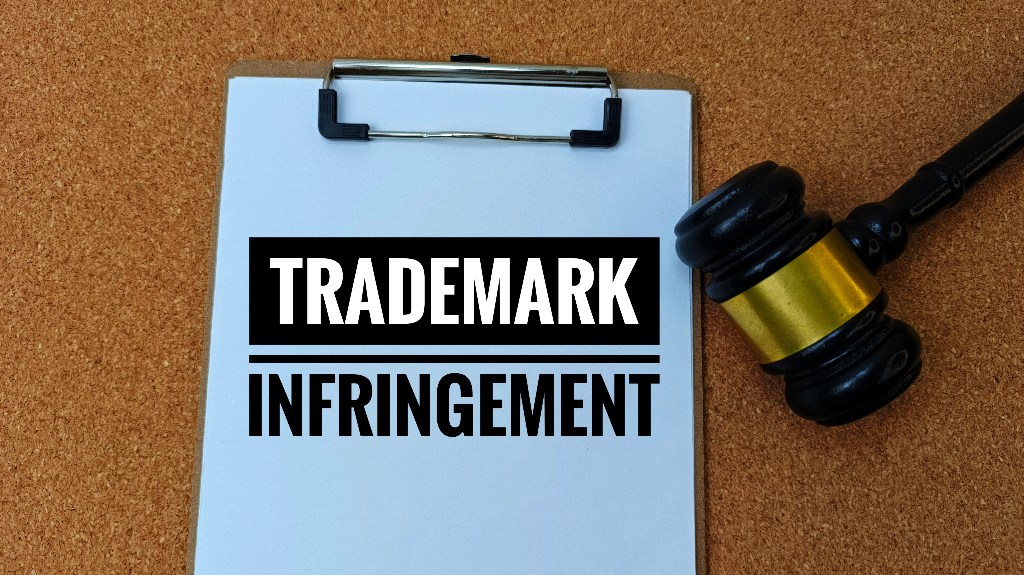
You’ve worked hard to build your brand with the name, the logo, and the reputation behind it. One day, you may find another business using something similar. That can be frustrating. And it leaves you wondering: Can I sue for trademark infringement if my mark isn’t registered?
Yes, you may have some protections under the law. Here is what you need to know about protecting your mark.
What Are Common Law Trademark Rights?
Many business owners believe that trademark protection only begins once they register with the U.S. Patent and Trademark Office (USPTO). In reality, that is not true. The moment you start using your mark in commerce, such as actively selling or promoting your goods or services under that name or logo, you have common law trademark rights.
These rights exist automatically. They protect your reputation and prevent consumer confusion, even without federal paperwork. However, they are limited in scope.
Common law rights only extend to the areas where you have used your mark and built recognition. For example, if you own a small design studio in Northern Illinois, your rights might only cover your region but not the entire country.
You are protected, but only within the territory your business has reached.
Does Registration Make a Difference?
While you can sue for trademark infringement without registration, it can be an uphill climb. With federal trademark registration, you have several advantages that common law protection cannot match, such as:
- Establishes a nationwide presumption of ownership and exclusive rights to use your mark.
- Gives you the right to file a lawsuit in federal court.
- Opens the door to stronger remedies, such as attorneys’ fees and statutory damages.
- Allows you to use the ® symbol to discourage potential infringers before problems even start.
Without registration, you are limited to state courts or common law claims.
What You Have to Prove Without Registration
If your mark is not registered, you can still bring a claim for trademark infringement or unfair competition. You will need to show:
You Used the Mark First
Courts want to see that you were the first to use your mark in commerce, both publicly and consistently. Your proof might include sales receipts, ads, website pages, or packaging showing when your mark was in use.
Your Mark Is Distinctive
Not every name qualifies for trademark protection. Generic terms or purely descriptive names are weak. Distinctive or suggestive marks are the ones that identify your business, and they will carry more weight.
The Other Party’s Use Is Likely to Cause Confusion
This is the heart of most trademark cases. You will need to show that consumers could reasonably mistake your product or service for theirs.
You’ve Suffered Harm
That harm could mean lost sales, reputational damage, or dilution of your brand’s value.
If you can prove these elements, you have a legitimate claim, even without a registration certificate.
You Want to Act Quickly to Strengthen Your Case
Trademark disputes can get worse over time, not better. If you discover someone using a mark that conflicts with yours, you want to act right away.

Many times, a cease-and-desist letter can stop the problem before it escalates. With that, it puts the other party on notice that you are asserting your rights. Sometimes, it leads to a resolution without ever setting foot in court.
If that does not work, an intellectual property litigation lawyer can help you weigh your options. You might need to:
- File a state infringement claim
- Pursue a common law unfair competition claim
- Use Section 43(a) of the Lanham Act to protect your unregistered marks in certain cases.
You Have Rights in Trademark Cases
So, can I sue for trademark infringement if my mark isn’t registered? Yes, but your options are limited. If you are looking to protect your brand and business, you need to consider registration. This gives you stronger, clearer, and broader protection. Plus, it can save you from future headaches.
If you want to learn more about registration or have other questions about protecting your brand, Phillips & Bathke, P.C., is ready to assist with your needs. Reach out to us and schedule a consultation today.


